Water damage is one of the most common problems homeowners face. Whether it’s caused by severe weather, plumbing issues, or faulty appliances, water damage can lead to costly repairs and long-term consequences like mold growth and structural damage. In this guide, we’ll explore the most common causes of water damage and how to protect your home.
If you have noticed water damage in your home, we advise you to check out our article on steps to take if your home has water damage.
1. Burst Pipes
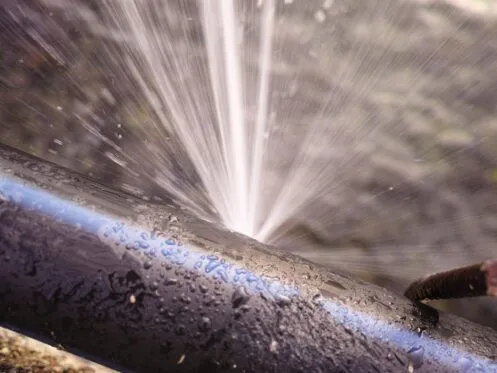
One of the leading causes of water damage is burst pipes. This often happens when pipes freeze and expand during cold weather, causing them to crack. Corrosion and high water pressure can also lead to pipe bursts.
Prevention Tips:
- Insulate exposed pipes in basements, crawl spaces, and attics to prevent freezing.
- Keep your home’s thermostat consistent during winter, even when you’re away.
- Regularly inspect pipes for signs of rust, leaks, or wear.
For more tips on spotting signs of water damage caused by burst pipes, visit our article on Signs of Water Damage.
2. Roof Leaks
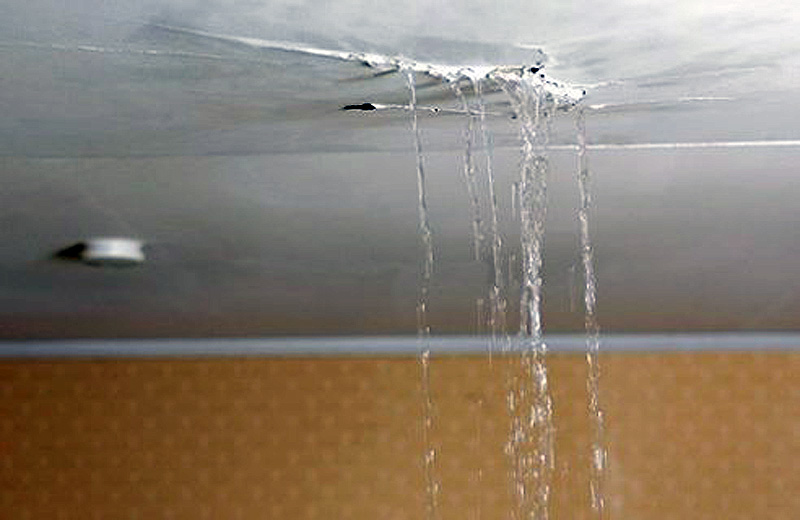
A damaged or aging roof is a common source of water damage, especially during heavy rain or snowstorms. Missing shingles, clogged gutters, and deteriorating flashing can allow water to seep into your home.
Prevention Tips:
- Inspect your roof at least twice a year for missing shingles, cracked flashing, or sagging areas.
- Keep gutters and downspouts clear of debris to ensure proper drainage.
- Trim overhanging tree branches to prevent debris buildup and reduce the risk of damage during storms.
3. Clogged Gutters
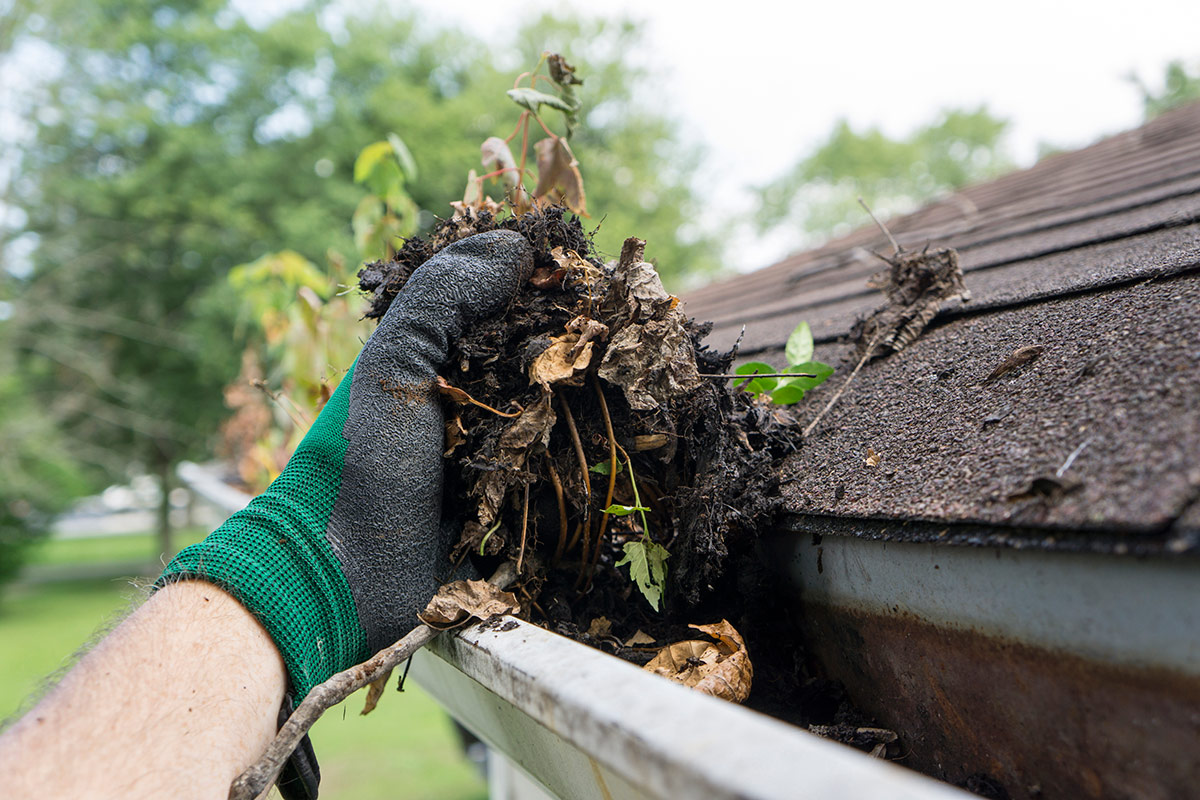
Clogged gutters prevent water from flowing away from your home, causing it to pool around the foundation or back up under the roofline. Over time, this can lead to basement flooding or damage to the siding and roof.
Prevention Tips:
- Clean your gutters regularly, especially during fall when leaves are most likely to accumulate.
- Install gutter guards to minimize debris buildup.
- Ensure that downspouts extend at least 6 feet away from your home to direct water away from the foundation.
4. Faulty Appliances
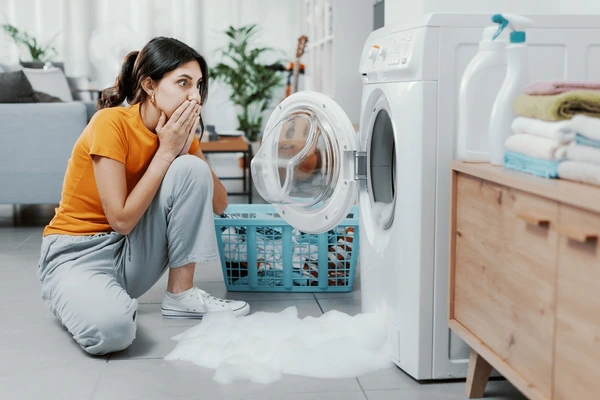
Appliances like washing machines, dishwashers, and refrigerators are frequent culprits of water damage. Hoses, valves, and seals can wear out over time, leading to leaks.
Prevention Tips:
- Check appliance hoses for cracks or leaks at least once a year, and replace them every 5 years.
- Use stainless steel braided hoses, which are more durable than rubber ones.
- Don’t overload washing machines or dishwashers, as this can cause malfunctions.
The Insurance Information Institute offers helpful guidance on protecting your home from water-related appliance failures.
5. Poor Drainage Around the Home
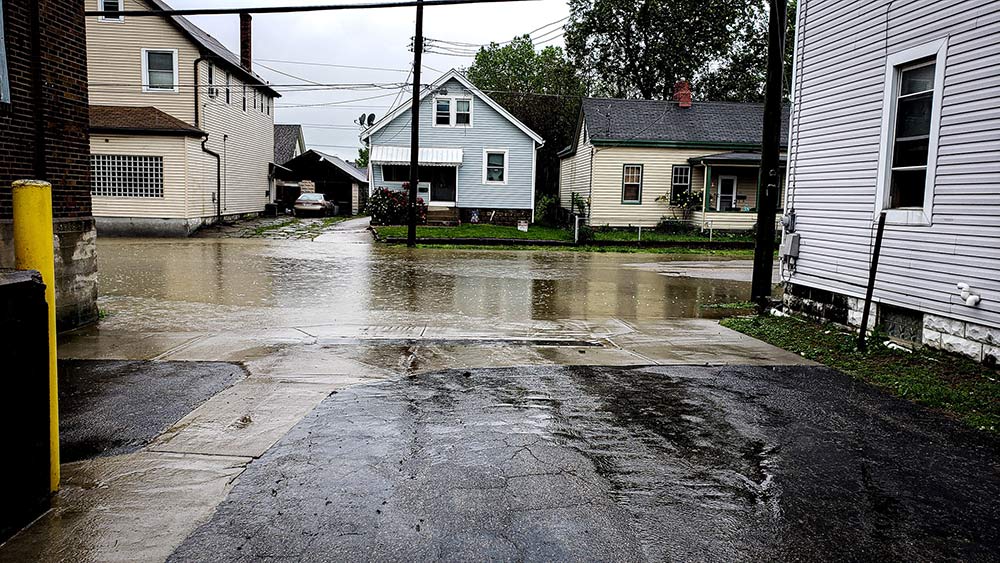
Improper grading or clogged drainage systems can cause water to pool near your home’s foundation. Over time, this can lead to foundation cracks, basement flooding, and structural issues.
Prevention Tips:
- Ensure your yard slopes away from the house to direct water away from the foundation.
- Install a French drain or sump pump in areas prone to flooding.
- Keep exterior drains, like those in driveways or patios, clear of debris.
6. Foundation Cracks
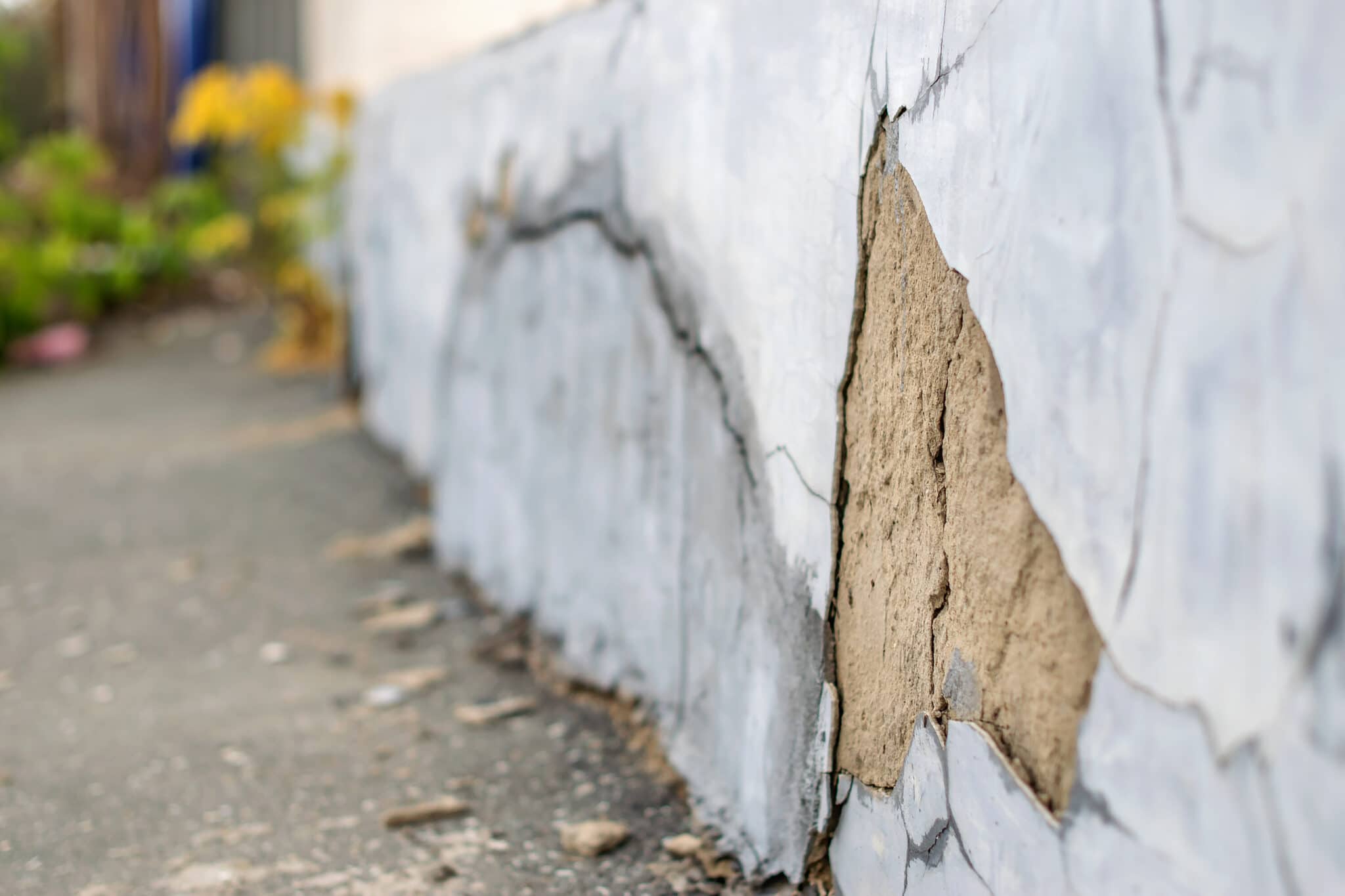
Foundation cracks can allow water to seep into your basement or crawl space, leading to structural issues and mold growth. These cracks can form due to soil settling, poor drainage, or hydrostatic pressure.
Prevention Tips:
- Seal foundation cracks with waterproof epoxy or hire a professional for major repairs.
- Install a sump pump to handle excess water in the basement.
- Ensure gutters and downspouts are properly directing water away from your home’s foundation.
7. Severe Weather and Flooding
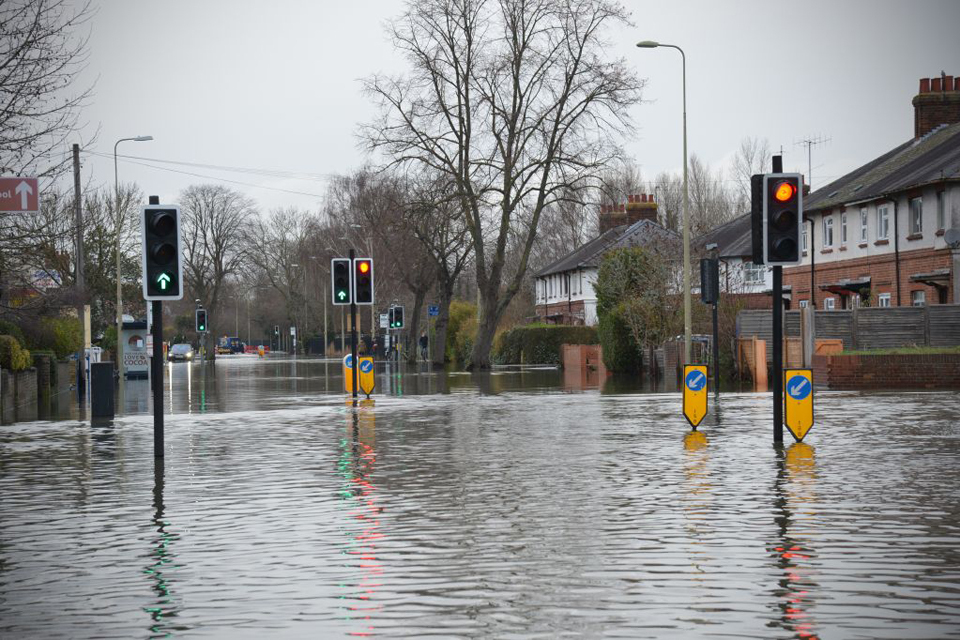
In Texas, severe weather like heavy rainstorms, hurricanes, and flash floods are significant causes of water damage. Flooding can overwhelm drainage systems and lead to extensive property damage.
Prevention Tips:
- Install flood barriers or sandbags during heavy storms to protect your home.
- Ensure your homeowner’s insurance includes flood coverage, as most standard policies do not cover it.
- Elevate valuable items in the basement to reduce damage during flooding.
The Importance of Early Detection
Catching water damage early is key to minimizing repair costs and preventing mold growth. For more guidance on identifying water damage, check out our detailed article on Signs of Water Damage.
Conclusion
Water damage can be caused by a variety of factors, from burst pipes to severe weather. By taking preventative measures like insulating pipes, cleaning gutters, and inspecting your roof, you can reduce the risk of costly repairs. However, if water damage does occur, it’s crucial to act quickly and contact a professional.
For water damage restoration services in the Dallas-Fort Worth area, call us at 817-455-9342. We’re here to help protect your home and restore it to its original condition.
